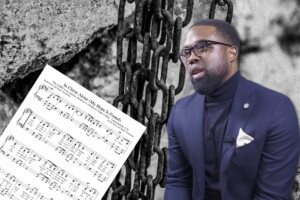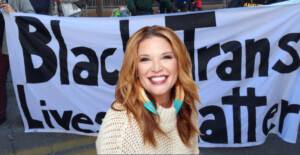
Prominent Woke Pastor Says Current Worship Songs Are Slave Owner/ Captor Songs + Laments Loss of ‘Black Sacred Music’
Charlie Dates is the prominent woke pastor of Progressive Baptist Church. A former/ present? ERLC and The Gospel Coalition contributor and definitely former SBC Executive Committee panel member, he recently left the Southern Baptist Convention on account of their failure to embrace Critical Race Theory. Notably, he attacked other Black Christians



